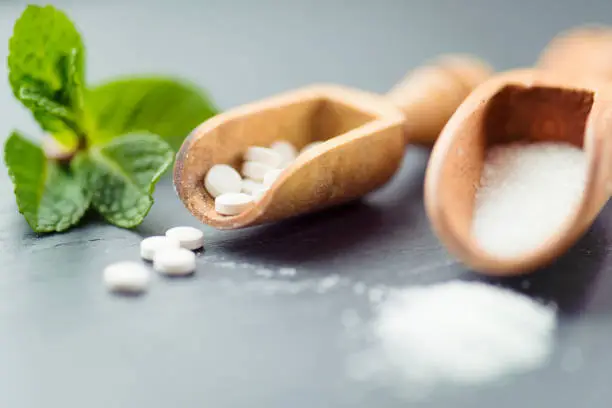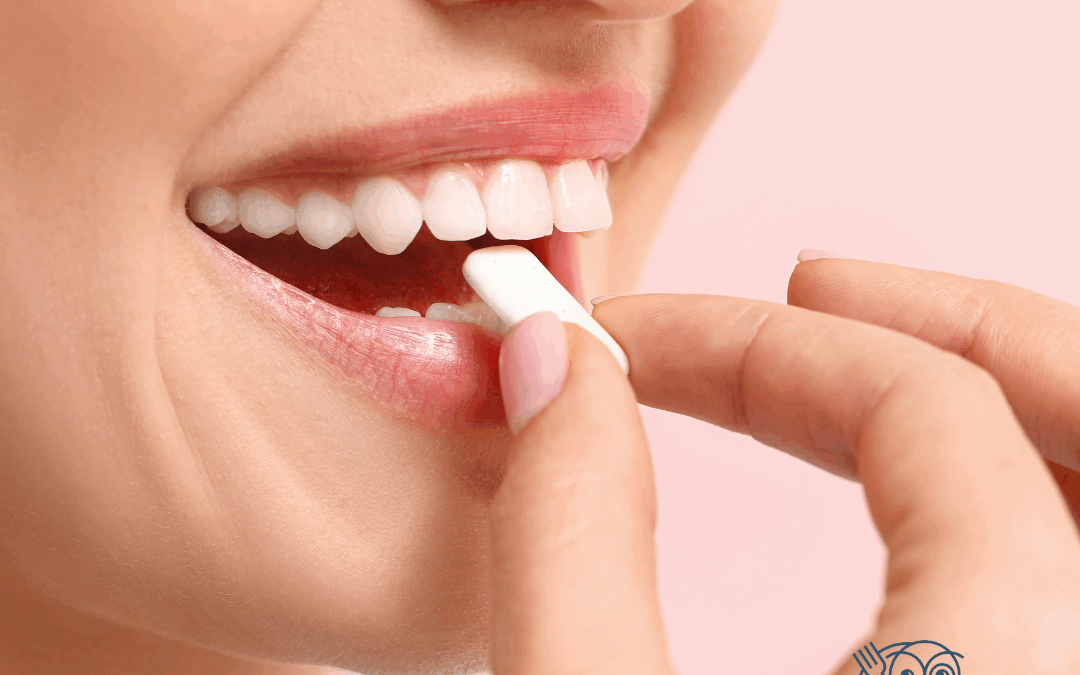Maintaining good dental health is crucial not just for a beautiful smile but also for overall health. This article outlines key strategies for preventing cavities and ensuring that your teeth remain strong and healthy. By understanding the impact of diet on dental health, you can make informed choices that benefit your teeth and gums. Here, we will explore braces-friendly foods, the importance of xylitol, the cautious introduction of juice for toddlers, and tips for using sippy cups effectively. These strategies not only promote dental health but also contribute to a well-rounded approach to healthy eating.

Braces-Friendly Foods
When you have braces, it’s essential to choose foods that won’t damage your orthodontic appliances while still providing the nutrition your body needs. Soft fruits like bananas, applesauce, and berries are excellent choices as they are easy to chew and provide vitamins and minerals crucial for maintaining oral health. Cooked vegetables, such as steamed broccoli or roasted carrots, are also braces-friendly options, ensuring you get the necessary fiber without putting your braces at risk.
Additionally, dairy products like yogurt and cheese are not only nutritious but also beneficial for dental health due to their calcium and phosphate content, which help strengthen tooth enamel. Soft grains like pasta and rice, along with proteins such as eggs and tofu, ensure that you can maintain a balanced diet while navigating the challenges of eating with braces. By being mindful of your food choices, you not only protect your braces but also support your overall dental health.
- Nutrient-Rich Choices: Soft fruits and vegetables provide essential vitamins while being easy to eat with braces.
- Avoiding Damage: Foods like popcorn or hard candies can break brackets or wires, so it’s important to choose safer alternatives.
- Balanced Diet: Incorporating a variety of protein sources, whole grains, and dairy ensures a well-rounded diet that supports oral health.
- Hydration: Drinking plenty of water helps wash away food particles and promotes overall oral hygiene.
The Benefits of Xylitol for Dental Health
Xylitol is a natural sugar alcohol that has gained recognition for its dental health benefits. One of the primary advantages of xylitol is its ability to reduce cavity-causing bacteria in the mouth. Research has shown that xylitol inhibits the growth of Streptococcus mutans, the bacteria primarily responsible for tooth decay.
Moreover, xylitol stimulates saliva production, which plays a crucial role in neutralizing acids and washing away food particles in the mouth. Increased saliva flow can help remineralize enamel, making teeth stronger and more resistant to decay. Incorporating xylitol into your diet—whether through chewing gum or using xylitol-sweetened products—can be a simple yet effective way to promote better dental health. However, it’s essential to moderate the quantity and combine it with good oral hygiene practices for optimal results.
- Xylitol and Braces: Using xylitol products can help maintain oral health for individuals with braces by reducing harmful bacteria.
- Dietary Impact: The benefits of xylitol can be enhanced by eating braces-friendly foods, creating a synergistic effect on dental health.
- Saliva Production: Foods that stimulate saliva can complement xylitol’s effects, leading to better remineralization of enamel for those with braces.

Juice for Toddlers and Dental Health
Juice can be a nutritious addition to a toddler’s diet, but it must be introduced carefully to avoid dental issues. Experts recommend waiting until a child is at least one year old before introducing juice. When you do start offering juice, it’s crucial to choose 100% fruit juice without added sugars and limit the serving size to about 4 ounces per day. Whole fruits are preferred, as they provide fiber and essential nutrients without the concentrated sugars found in juice.
Additionally, serving juice in a sippy cup can lead to prolonged exposure to sugars, increasing the risk of cavities. To mitigate this, offer juice only at mealtimes and encourage your child to drink water afterward to rinse their mouth. This practice reduces the sugar’s contact with teeth and helps maintain oral health. Balancing juice intake with a healthy diet rich in whole fruits and vegetables will support your toddler’s growth while protecting their dental health.
- Introducing Juice: When offering juice to toddlers, consider using xylitol-sweetened options to reduce cavity risk while maintaining taste.
- Sippy Cup Alternatives: Encourage using straws for juice, which can be combined with xylitol to improve dental health during toddler years.
- Healthy Snack Options: Pairing juice with braces-friendly snacks can help create a balanced meal that is enjoyable for toddlers and safe for dental health.

Recommendations:
1. Choose braces-friendly foods such as soft fruits, cooked vegetables, dairy, and soft grains.
2. Incorporate xylitol into your diet through sugar-free gum and products for dental benefits.
3. Introduce juice to toddlers only after one year, limiting it to 4 ounces per day and opting for 100% fruit juice.
4. Use sippy cups sparingly, offering juice only at mealtimes to minimize exposure to sugars.
5. Encourage rinsing with water after consuming sugary beverages to protect tooth enamel.
In conclusion, maintaining dental health requires a proactive approach to nutrition and eating habits. By selecting braces-friendly foods, utilizing xylitol, and being cautious with juice for toddlers, you can significantly reduce the risk of cavities and promote stronger teeth. It’s crucial to remember that good oral hygiene practices, alongside these dietary strategies, play an essential role in maintaining dental health. By implementing these recommendations, you can cultivate healthier eating habits that benefit both your teeth and your overall health.
To receive personalized advice and create a tailored nutrition plan that addresses your specific dietary needs and dental health goals, consider making an appointment with a Registered Dietitian. Their expertise can help guide you on your journey to optimal health and wellness.
Reviewed by Michelle Effa, Holistic Nutritionist
Nourish Your Smile Naturally
Discover how smart food choices can transform your dental health. Ready to protect your family’s smiles for life?

Nutrition Assistant (AI)
Our AI Nutrition Assistant is only allowed to access to nutrition information available for the public that our dietitians' deem to be reliable and safe. However the information found on the internet can never give you medical or nutrition advice specific to your situation. Our Nutrition Assistant is using experimental generative AI which has the potential to have the occasional hallucination and make connections that are not real, although they try thier very best!


